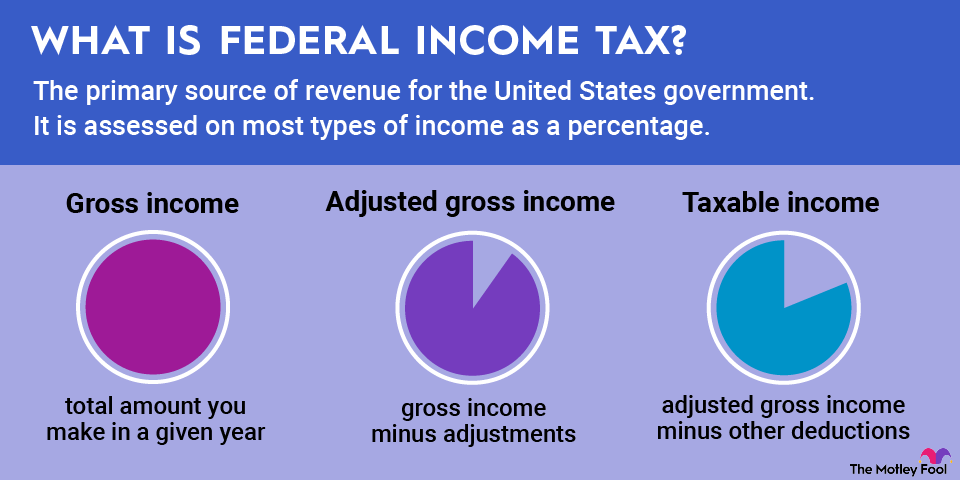In the financial world, a quarter refers to a three-month period used for reporting and recording financial performance, typically representing one-fourth of a company's fiscal year. To comply with financial laws and regulations, companies usually release their financial results on a quarterly basis. The quarterly reports are market-moving highlights of the fiscal year, revealing crucial financial details for investors.
The most common quarters are the standard calendar quarters:
Q1: January to March
Q2: April to June
Q3: July to September
Q4: October to December
That’s the simplest reporting schedule and by far the most popular.

Why quarterly reports are so important
A quarterly report is a document that companies use to provide regular updates on their financial performance, typically covering a three-month period. They come in the form of regulatory filings (typically 10-Q and 10-K statements in the U.S.) and press releases.
Quarterly reports are released for the benefit of investors, analysts, and regulatory bodies, and they include key financial metrics such as revenue, earnings, and expenses. The information contained in a quarterly report helps stakeholders assess a company's financial health and future prospects and also provides transparency into its operations and financial decisions.
Quarterly reports are an important tool for investors and analysts to evaluate a company's financial performance and make informed investment decisions. In most countries, companies are often legally required to file the reports with regulatory bodies such as the U.S. Securities and Exchange Commission (SEC) or the British Financial Conduct Authority (FCA), providing a publicly available record of their financial performance.
Serious investors often take deep dives into quarterly filings, reading through every management comment while analyzing important financial figures. Famous investor Warren Buffett likes to relax by reading quarterly reports (but skipping the sections where management provides forward-looking guidance). He recommends reading 500 pages of annual reports every day to build your knowledge and understanding of business practices and financial analysis.
The tick-tock rhythm of fiscal quarters
Due to the terms of the relevant reporting rules and regulations, these reports typically hit the news wires and financial reporting systems between three and six weeks after the end of each quarter, often with a slightly longer delay following a wrap-up report at the end of the fourth quarter. This steady reporting rhythm results in so-called earnings seasons, where a flood of quarterly (or annual) reports is published during a few intense weeks.
Some businesses choose to operate on a fiscal calendar that doesn’t match the wall calendar in an office. A different 12-month period that better suits their specific business needs and operations may allow companies to better manage and plan their financial results and activities, such as seasonal trends, product cycles, and major expenditures.
By aligning their fiscal year with a period that reflects their business operations, companies can provide a more accurate picture of their financial performance to investors and analysts. Additionally, having a fiscal year that differs from the calendar year can also offer tax benefits and simplify financial reporting by reducing the need to adjust or reconcile results between different accounting periods.
For example, Apple (AAPL -0.13%) ends its fiscal year on the last Saturday of September; Costco (COST +0.99%) flips to a new accounting year on the Sunday closest to Aug. 31. After these custom year-end dates, their fiscal quarters follow in three-month periods.
The choice of fiscal year periods isn’t always completely logical. For example, Apple has operated under this off-kilter fiscal calendar for decades (although it moved the quarterly endpoints from Fridays to Saturdays in 1999). The iPhone maker and App Store operator you see today is very different from the Mac builder of 1994, even as Apple’s unusual fiscal year has stayed almost exactly the same for all those years.
Inertia and tradition can be powerful forces, preserving certain business practices long after their original purpose has been lost. Of course, making a change also results in additional paperwork and uncertainty, so there are practical reasons to stay in the lane the company chose many years ago.
Related investing topics
You can set your clock by these quarterly updates
As you continue to follow your favorite companies over time, you’ll soon become intimately familiar with their reporting quirks. There are exceptions to every rule, but many industries see peers and rivals stick to similar reporting schedules.
Major banks often signal the start of each earnings season, almost racing to file the first reports of each quarter. The tech sector comes next, followed by industrials, energy companies, and so on. By the time the retail industry is filing its reports, you know the final filing deadline for calendar-year operations is right around the corner.
After the end of another earnings season, you can curl up on the couch with a fresh stack of reports and your phone set to "do not disturb.” It’s time to get to know your favorite businesses better.


















